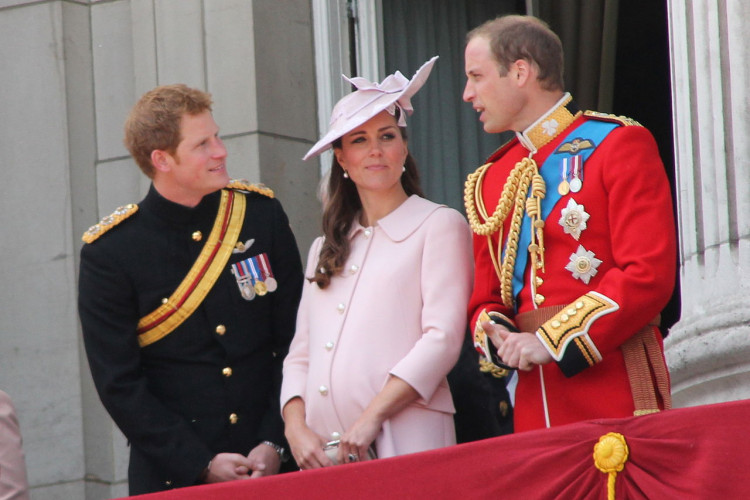In the intricate tapestry of the British Royal Family, the relationship between Princes William and Harry has captivated public interest, especially following Prince Harry's controversial comments on Netflix's docuseries about his brother's marriage. According to "Charles III: New King, New Court. The Inside Story," a new book by royal author Robert Hardman, Prince William was left deeply offended by what he perceived as a direct attack on his wife, Kate Middleton.
Hardman's book, serialized in the U.K. tabloid Daily Mail, delves into the strained relations within the royal family since Harry's departure from royal duties in 2020. The book highlights a particular instance from the Netflix series, where Harry implied that royal men, including his brother, might choose partners who conform to the monarchy's expectations rather than following their hearts. This remark, according to Hardman, was seen by Prince William as "the lowest of the low."
The rift between the brothers has been a subject of intense scrutiny, exacerbated by Harry's move to the U.S. with Meghan Markle and their subsequent critiques of the royal family. Hardman, in his book, recounts an insider's perspective on the dynamics between the brothers and their spouses, especially following Queen Elizabeth II's death. The author cites a royal source explaining how Prince William, in a gesture of reconciliation, arranged a joint public appearance with Harry and their wives at Windsor Castle, despite the evident discomfort between the couples.
Further complicating matters, royal author Omid Scobie criticized the media's portrayal of Kate Middleton in a Sunday Times interview. Scobie suggested that the Princess of Wales's achievements are overly magnified due to a lower standard applied to her. This commentary, as reported by the Mail, also irked Prince William, who takes immense pride in his wife's accomplishments, particularly in their joint efforts to promote mental health.
Royal expert Richard Fitzwilliams, speaking to Newsweek, underscored the significance of Hardman's book, calling it a more reliable account of events than Harry's memoir, "Spare." Fitzwilliams praised Hardman's depiction of Queen Elizabeth's final days as a testament to her lifelong dedication to duty.
The release of "Spare" brought to light many previously unknown aspects of Harry's life, including his troubled relationship with his brother. Notably, Harry alleges a physical altercation with William, a claim that the latter has not publicly addressed. Kensington Palace and representatives for Prince
Harry have been approached for comments but have not yet responded.
This ongoing saga between the royal brothers, laden with accusations and counter-accusations, offers a rare glimpse into the private lives of the British monarchy. It underscores the challenges of balancing personal convictions with public expectations, a struggle that seems to have deeply affected the relationship between Princes William and Harry.
As the royal family navigates these tumultuous times, the public's fascination with their internal dynamics continues to grow. The revelations from Hardman's book and Prince Harry's own memoir have added new layers to the narrative, painting a complex picture of loyalty, love, duty, and discord.
In summary, the unfolding events within the British Royal Family, particularly between Princes William and Harry, represent a blend of personal strife and public perception. The situation is further complicated by the media's portrayal and public's interest, making it a subject of global attention.





